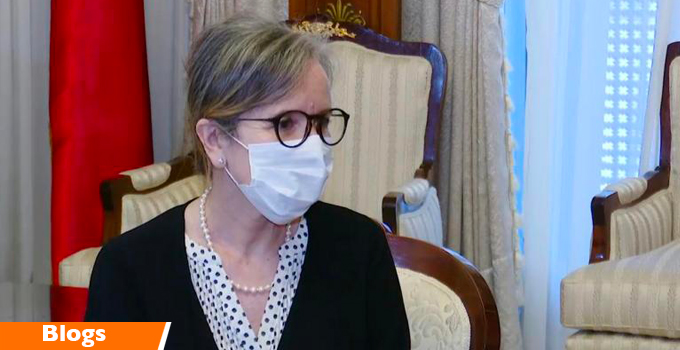In 2017, President Beji Caid Essebsi rescinded a circular from 1973 prohibiting civil registrars from establishing marriage contracts between Tunisian women—inherently presumed to be Muslim—and non-Muslim men. Lauded by feminists, the decision has ultimately proved ineffective as notaries and municipal authorities continue to apply Islamic sharia in this context.












